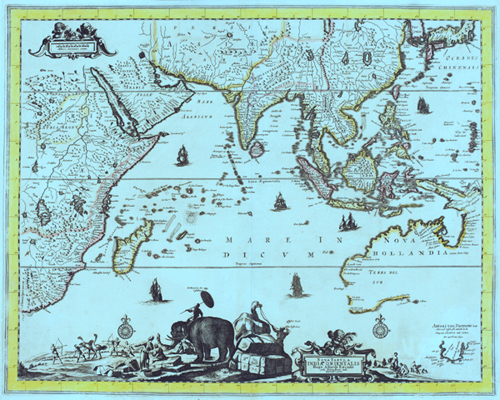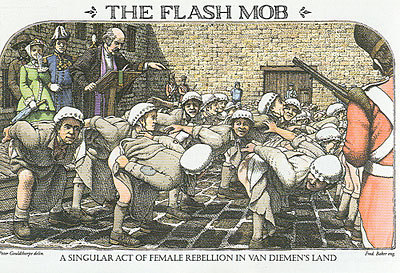

Many government agencies in countriessuch as Iran, North Korea and even the so-calleddemocratic countries, are well on the way tocontrolling all cell-phone communicationsand the internet.What you do and say is traceable and where you are can be monitered. This means there is no longer free, private speech. Giant database plan 'Orwellian' | ||||
Jacqui Smith said intercepting communications was 'vital' Proposals for a central database of all mobile phone and internet traffic have been condemned as "Orwellian". Home Secretary Jacqui Smith said the police and security services needed new powers to keep up with technology. And she promised that the content of conversations would not be stored, just times and dates of messages and calls. But the Lib Dems slammed the idea as "incompatible with a free country", while the Tories called on the government to justify its plans. Details of the times, dates, duration and locations of mobile phone calls, numbers called, website visited and addresses e-mailed are already stored by telecoms companies for 12 months under a voluntary agreement. The data can be accessed by the police and security services on request - but the government plans to take control of the process in order to comply with an EU directive and make it easier for investigators to do their job. Information will be kept for two years by law and may be held centrally on a searchable database. Without increasing their capacity to store data, the police and security services would have to consider a "massive expansion of surveillance," Ms Smith said in a speech to the Institute for Public Policy Research earlier. 'Vital capability' She said: "Our ability to intercept communications and obtain communications data is vital to fighting terrorism and combating serious crime, including child sex abuse, murder and drugs trafficking. "Communications data - that is, data about calls, such as the location and identity of the caller, not the content of the calls themselves - is used as important evidence in 95% of serious crime cases and in almost all security service operations since 2004.
"But the communications revolution has been rapid in this country and the way in which we intercept communications and collect communications data needs to change too. "If it does not we will lose this vital capability that we currently have and that, to a certain extent, we all take for granted. "The capability that enabled us to convict Ian Huntley for the Soham murders and that enabled us to achieve the convictions of those responsible for the 21/7 terrorist plots against London." She said the "changes we need to make may require legislation" and there may even have to be legislation "to test what a solution to this problem will look like". There will also be new laws to protect civil liberties, Ms Smith added, and she announced a public consultation starting in the New Year on the plans. "I want this to be combined with a well-informed debate characterised by openness, rather than mere opinion, by reason and reasonableness," she told the IPPR. 'Necessity'
Ms Smith attempted to reassure people that the content of their e-mails and phone conversations would not be stored. "There are no plans for an enormous database which will contain the content of your emails, the texts that you send or the chats you have on the phone or online. "Nor are we going to give local authorities the power to trawl through such a database in the interest of investigating lower level criminality under the spurious cover of counter terrorist legislation. | ||||








+copy.jpg)






















































.jpg)



























 G
G







.jpg)
















No comments:
Post a Comment